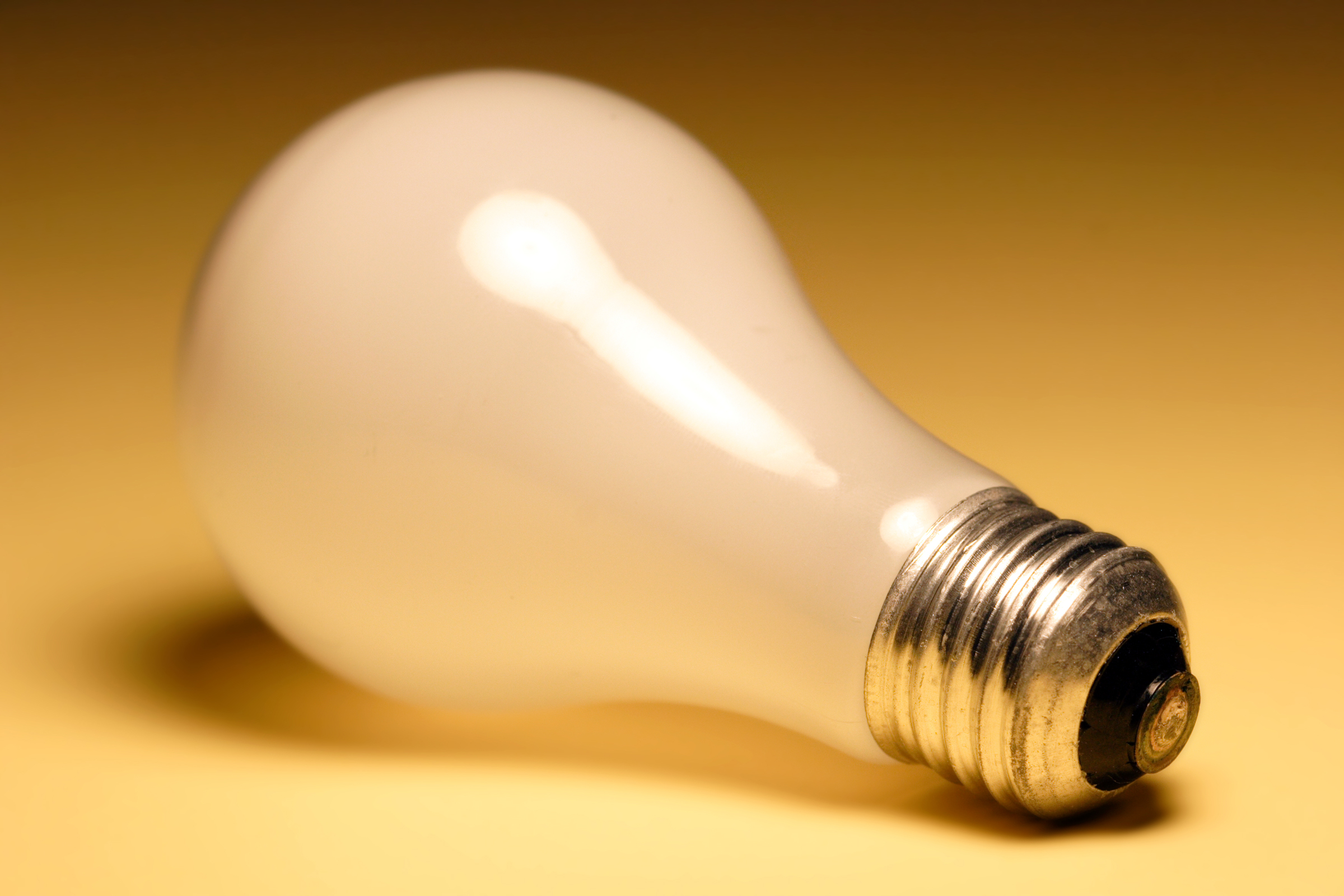
In a perfect world, the process of inventing would go something like this:
1. Inventor sees potential for technological improvement
2. Inventor develops useful device to achieve this potential
3. Inventor patents device
4. Inventor or company markets device
In reality there is an unfortunate step 2(b) that thousands of inventors get stuck in every year.
Invention promotion, marketing, and licensing firms are enough of a problem today that the U.S. Patent and Trademark Office has a process for publishing complaints against those that prey on inventors.
The scam is pretty simple: the company runs advertisements calling for inventors to submit their ideas to be evaluated for patentability. There may be an offer for a “Free Kit” or something along those lines. Representatives of the company give very enthusiastic evaluations and guarantee a successful patent grant. For this, they charge a nominal fee.
Then big fees begin, usually under the guise of marketing or trying to find a manufacturer for the invention. Inventors who spend thousands of dollars (or sign over a large percentage of their invention) for these services often discover that the marketing of their invention consists of nothing more than a tiny display at a trade show or a few form letters sent to manufacturers.
Federal law (35 USC 297) now requires such companies to disclose, in writing, the following information (from a USPTO brochure linked below):
"Get answers to these questions in writing from any promotion, marketing or licensing company wanting to help you. Helpful hints are given in the brackets.
- Total number of inventions evaluated for commercial potential in the past five years by the Company. How many of those evaluations were positive, accepted by the Company. How many were negative, rejected by the Company.
- Total number of customers, known by the Company, who have received a net financial profit as a direct result of the Company’s promotion services. What is the Company's success rate over the past five years [that is, the number of who made more money from their invention than they paid].
- Names and addresses of all previous invention promotion companies with which the Company or its officers have collectively or individually been affiliated in the previous 10 years and what other names has the Company used in this or other states.
- Total number of customers, known by the Company, to have received license agreements for their inventions as a direct result of the Company’s services. [lf the success rate is low, say less than 5%, then think about going elsewhere].
- How many customers have contracted with the Company for promotional services in the past 5 years; excluding those who have purchased trade show services research, advertising or other non-marketing service: and excluding those who have defaulted on payment to the Company.
- Is there an up-front fee and, if so, how much is it and what are you getting for it? How much will the complete process cost from submission of my invention to obtaining a patent and a licensing agreement? [Reputable firms have relatively small, upfront or other fees because they make their real money from successful royalty arrangements for the inventions they accept].
- Has the Company ever been investigated by or been in trouble with the Federal Trade Commission, Better Business Bureau, any consumer protection agency or Attorney General's Office and if so, when and where?
- Who selects and pays for the patent attorney or agent to do the patent search, patentability opinion and patent application preparation? [You should be able to select your own, because the attorney or agent represents you, not the Company].
- Provide you with the names, addresses and phone numbers of five clients of the Company in your geographical area and copies of all contracts and forms to review [Do this before signing or paying any money].
- Does the Company provide a written opinion of the "marketability" (that is, potential success) of your invention?"
Here's a copy of that brochure, also available in paper at the Patent and Trademark Center. (PDF)
Beware companies that make money off of inventors rather than inventions.
--
For more information:
Pressman, David. "Patent it Yourself." Berkeley: Nolo Press, 2006. Click here for electronic version. (Library card required)


No comments:
Post a Comment